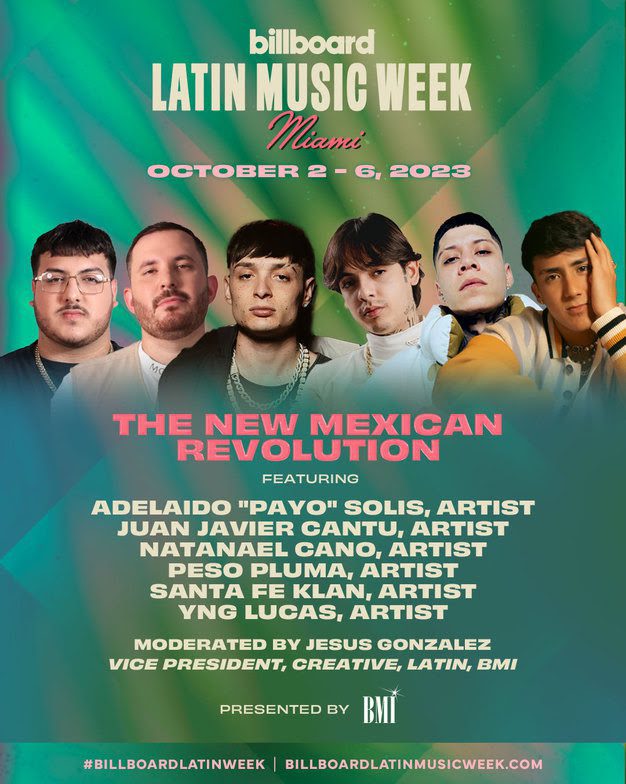After 146 days, the Writers Guild of America (WGA) strike has finally come to an end.
The WGA and the Alliance of Motion Picture and Television Producers (AMPTP) reached a tentative agreement on September 24th, which will be overwhelmingly ratified by the WGA membership on September 27th.
The strike was the longest in WGA history, and it had a major impact on Hollywood production. Many TV shows and movies were delayed or canceled, and thousands of workers were put out of work. The strike was also a major test for the WGA, as it was the first strike to take place in the era of streaming services.

The tentative agreement includes significant gains for writers, including:
- Higher wages and residual payments, especially for streaming services
- Job protections against the use of artificial intelligence
- Improved healthcare benefits
- Increased diversity and inclusion initiatives
The WGA strike was a major victory for writers, and it is expected to have a lasting impact on Hollywood. The new agreement sets a new standard for writers’ rights in the streaming age, and it is likely to inspire other unions to fight for similar gains.
The Story of the Strike
The WGA strike began on May 2, 2023, after negotiations between the WGA and the AMPTP failed to reach a new contract agreement. The main issues in dispute were pay and residuals for streaming services, job protections against the use of artificial intelligence, and healthcare benefits.
The strike had a major impact on Hollywood productions. Many TV shows and movies were delayed or canceled, and thousands of workers were put out of work. The strike also had a significant financial impact on the studios, as they lost millions of dollars in revenue.
Public support for the strike was strong, with many celebrities and other industry workers speaking out in support of the writers. There were also several rallies and protests held in support of the strike.
On September 24th, the WGA and the AMPTP reached a tentative agreement, which is expected to be ratified by the WGA membership on September 27th. If the agreement is ratified, the strike is expected to end on September 28th, and writers will begin returning to work.
The Impact of the Strike
The WGA strike was a major victory for writers. The new agreement sets a new standard for writers’ rights in the streaming age, and it is likely to inspire other unions to fight for similar gains.
The strike also had a significant impact on Hollywood production. The studios will now have to pay writers more, and they will have to provide them with better job protections and healthcare benefits. This is likely to lead to higher costs for the studios, but it is also likely to lead to better-quality content for viewers.



